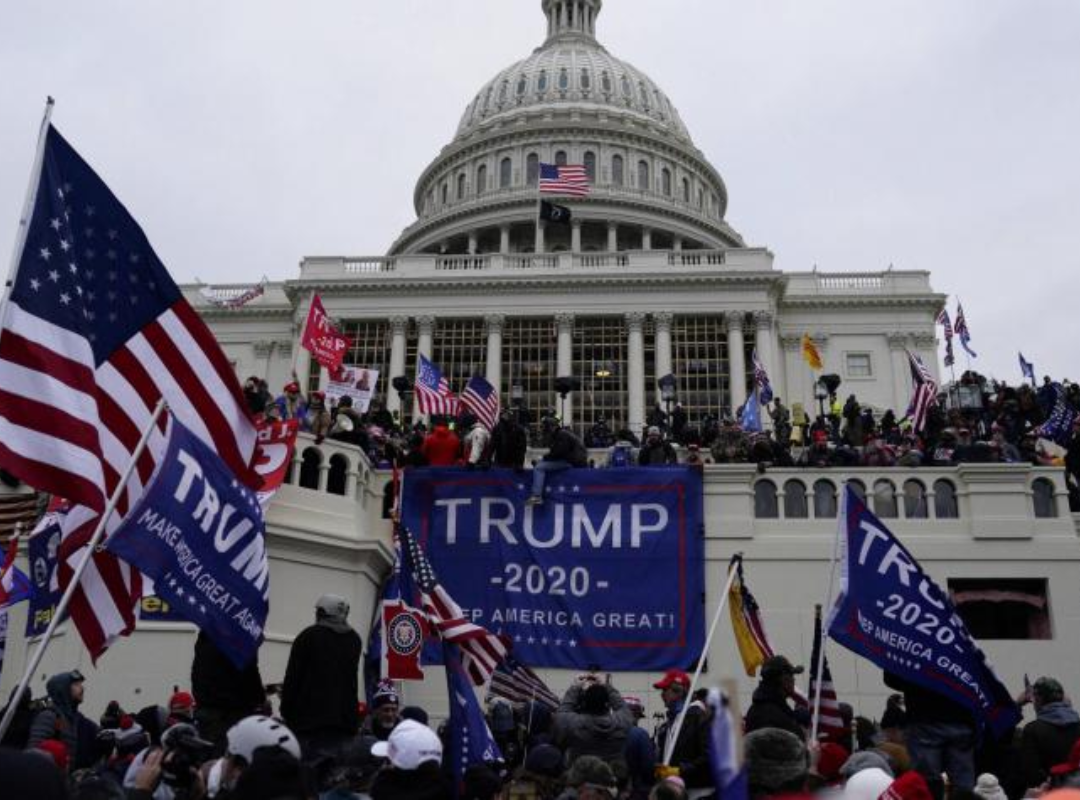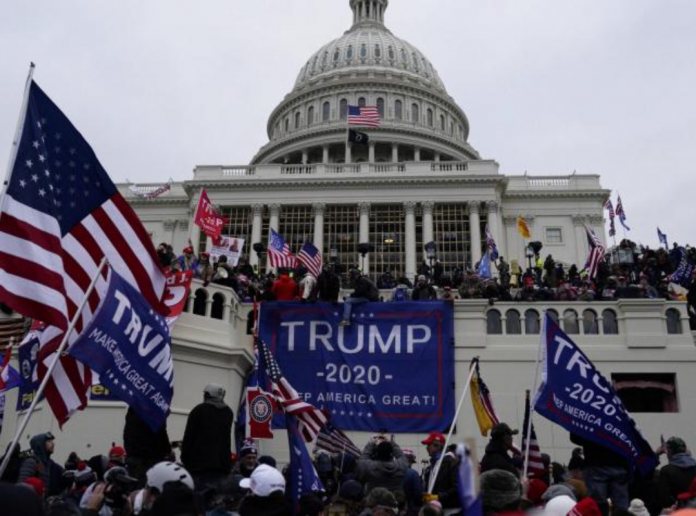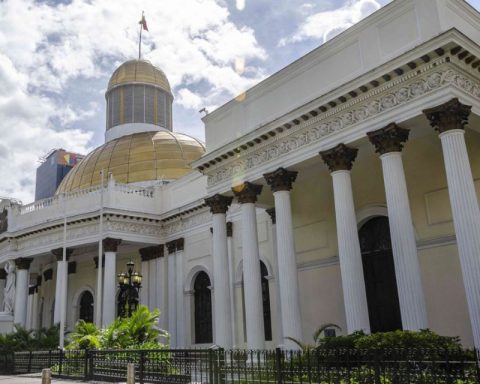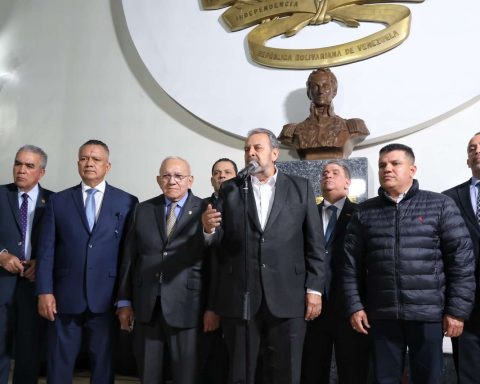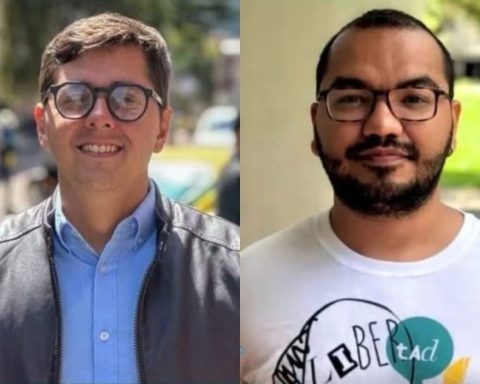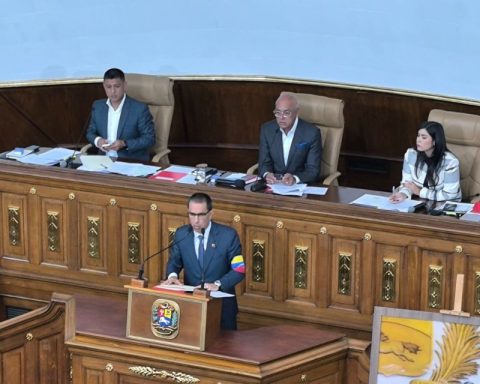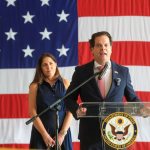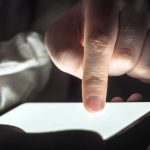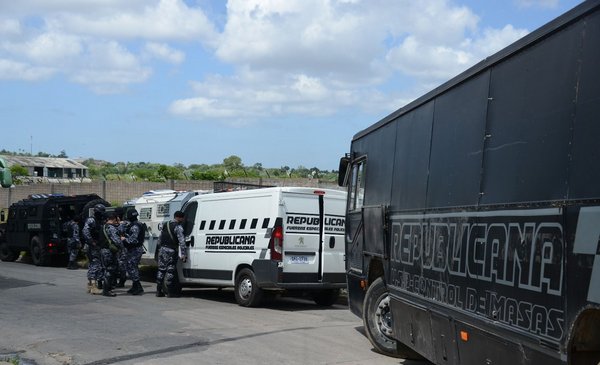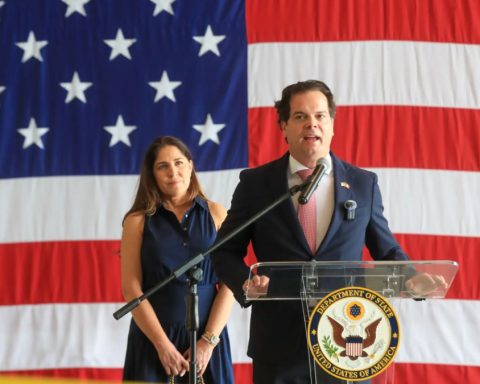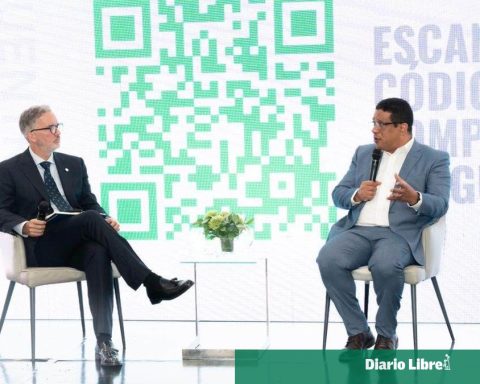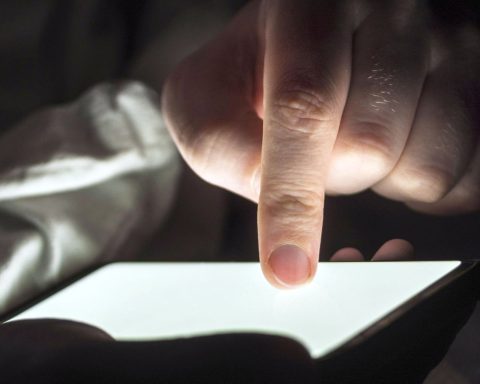Donald Trump has opened the door for “lawlessness and corruption” and must be held accountable for the attack on January 6, 2021, the chairman of the parliamentary investigation committee on the assault on the capitol.
The former Republican president “tried to destroy our democratic institutions,” Bennie Thompson declared during a prime-time hearing concluding a series of public presentations of her commission’s work.
“It opened the way for anarchy and corruption,” added the Democratic congressman, sick with covid-19, by videoconference.
According to him, all those responsible for the attack, even in the White House, will have to “account for their actions in court.” “It will have serious consequences, otherwise I am afraid that our democracy will not recover.”
Two members of the committee then summarized the day of January 6, 2021, lived “minute by minute” by Donald Trump, whom they accused of having “failed in his duty” as commander-in-chief, having done “nothing” to prevent his supporters from wreaking havoc on Capitol Hill.
It was he who summoned them to Washington on the day that the parliamentarians had to certify the victory of his Democratic rival Joe Biden in the presidential elections.
Around noon, in a fiery speech in the heart of the capital, he asked them to “fight like hell” against an alleged “massive electoral fraud.” He then returned to the White House, as the crowd launched an assault on the temple of American democracy.
It took him more than three hours to ask his followers to leave the place. “I know your pain,” he finally told them in a video posted on Twitter. “But they have to go home now.”
‘Refused to act’
Thursday’s hearing before the House committee, made up of seven Democrats and two Republicans disowned by their party, will detail what happened between those two speeches.
Entrenched in the private dining room of the White House, Donald Trump followed the attack on television “while his close advisers and family begged him to intervene,” described Democratic congresswoman Elaine Luria.
But “President Trump has refused to act because of his selfish desire to cling to power,” he added.
During all this time he “never once picked up the phone to order his administration” to help the police, Republican-elect Liz Cheney had said.
more witnesses
Matthew Pottinger, then deputy national security adviser, and Sarah Matthews, deputy spokeswoman, were called as witnesses to tell what happened behind the scenes that sinister day. Both resigned after January 6.
The commission is also expected to show extensive video testimony from Pat Cipollone, the former White House legal adviser who recently declared that his former boss should have conceded defeat.
The hearing could also address the efforts made the following day by Donald Trump’s advisers to have him denounce the violence against the Capitol in a video, and their difficulty in achieving it.
This public session is the eighth in six weeks and the second broadcast in prime time across the country. The previous ones have focused, among other things, on the role of the extreme right in the assault or on the pressure exerted on electoral agents by Donald Trump and his collaborators.
Last week, the committee examined the impact of a tweet Trump sent on Dec. 19, 2020, urging supporters to flock to the nation’s capital on Jan. 6 for a rally he promised would be “wild.”
Members of far-right militias like the Proud Boys and Oath Keepers, as well as other Trump supporters, saw the tweet as a “call to arms,” the lawmakers said.
Trump impeached
More than 850 people were arrested for the attack on Congress, which left five dead and 140 police officers injured.
The 76-year-old Trump, who has repeatedly given hints that he will run again in the 2024 elections, had to submit to impeachment, accused by the lower house of inciting the insurrection, but was acquitted by the Senate.
The committee is expected to report its findings to Congress this fall.
The commission could issue criminal recommendations to the Justice Department, leaving it to Attorney General Merrick Garland to decide whether Trump or others should be prosecuted for trying to reverse the results of the 2020 election.
